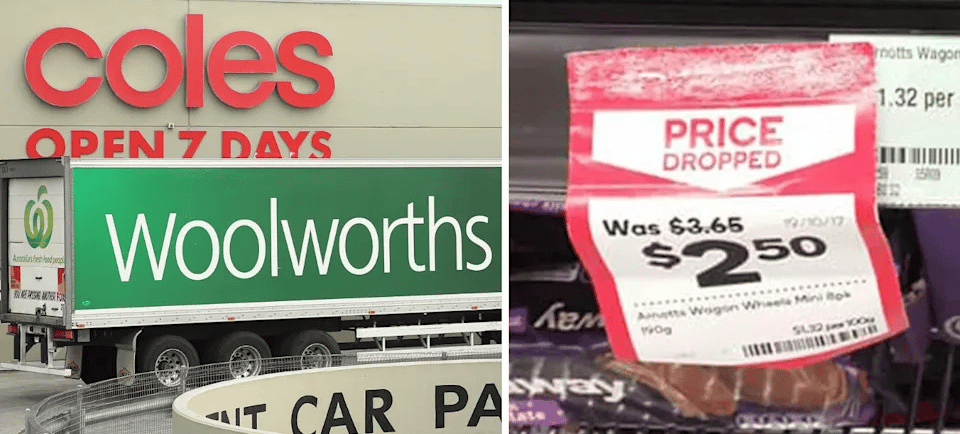When “Discounts” Cost More What Australia's Top Supermarkets Must Learn from the Courtroom
An incisive analysis of the upcoming Federal Court trial against Woolworths and Coles over alleged misleading discount practices. This piece explores what this legal moment reveals about consumer trust, retail accountability, and systemic reform—and how TMFS stands poised to elevate transparency and resilience in retail.
BUSINESS & ECONOMY


When everyday shoppers head to the supermarket expecting a fair deal, perceived bargains should build confidence—not suspicion. Yet, Australians are now preparing for a landmark court case that may redefine that trust. Woolworths and Coles face trial next year over allegations that their discount tactics were anything but honest. At TMFS we recognize how sincerity underwrites sustainability. This case is not just about pricing—it is a test of transparency, accountability, and the foundations of customer trust.
Middle Section
1. From Promotional Promise to Legal Reckoning
The Australian Competition and Consumer Commission has accused both supermarket giants of inflating prices—by at least 15 percent—before re-labelling items as discounted across hundreds of “Prices Dropped” and “Down Down” campaigns The Courier-MailABCThe Guardian. These “was/now” claims are at the heart of an elaborate legal challenge. The Federal Court has now aligned the ACCC’s proceedings with class actions led by Gerard Malouf & Partners, ensuring that if liability is established, everyday shoppers may receive compensation—ranging from $200 to $1 300 per person The Courier-Mail.
2. Significance Beyond the Supermarket Aisle
This is not a minor marketing misstep. Retailers occupy a position of consumer trust seldom earned so visibly—or so easily lost. If misleading pricing is upheld, the impact extends beyond refunds. It amplifies calls for regulatory overhaul, sector-wide transparency, and deeper accountability.
The ACCC’s wider inquiry adds context to these proceedings. Its findings reveal that Australia’s supermarket sector is among the world’s most profitable oligopolies—and that margin expansion sometimes exceeds cost pressure narratives ABC. The inquiry also highlighted widespread consumer confusion over promotions and “shrinkflation,” reinforcing the urgency of clear pricing frameworks that genuinely serve customers ABC.
3. Economic and Political Pressure Mounts
Beyond court rooms, this moment resonates in policy circles. The Albanese government has signalled intentions to criminalize price gouging and introduce reforms akin to excessive pricing laws used overseas News.com.au. Meanwhile, Woolworths has responded with a strategic price reduction—cutting shelf prices by approximately 10 percent across 400 essential items using a $400 million savings program—in part to rebuild credibility The Australian. These moves suggest the retail sector is entering a new era, one shaped by transparency and consumer scrutiny.
Closing Section
When discounted prices deceive trust must be regained deliberately. TMFS believes that leadership in retail trust begins with unwavering clarity in pricing, robust oversight, and consumer-centred accountability. We encourage retailers to pioneer honest pricing models, enable better comparison tools, and embed transparency into marketing and operations.
Consumers, too, should rise—not in cynicism but in informed expectation. Scrutinize promotions, demand clarity, and value businesses that treat honesty as the most enduring competitive advantage.
TMFS stands ready to support stakeholders across retail, regulation, and advocacy in redefining trust. Together we can convert this trial from a confrontation into a catalyst for lasting, systemic integrity.
All rights belong to their respective owners. This article contains references and insights based on publicly available information and sources. We do not claim ownership over any third-party content mentioned.


